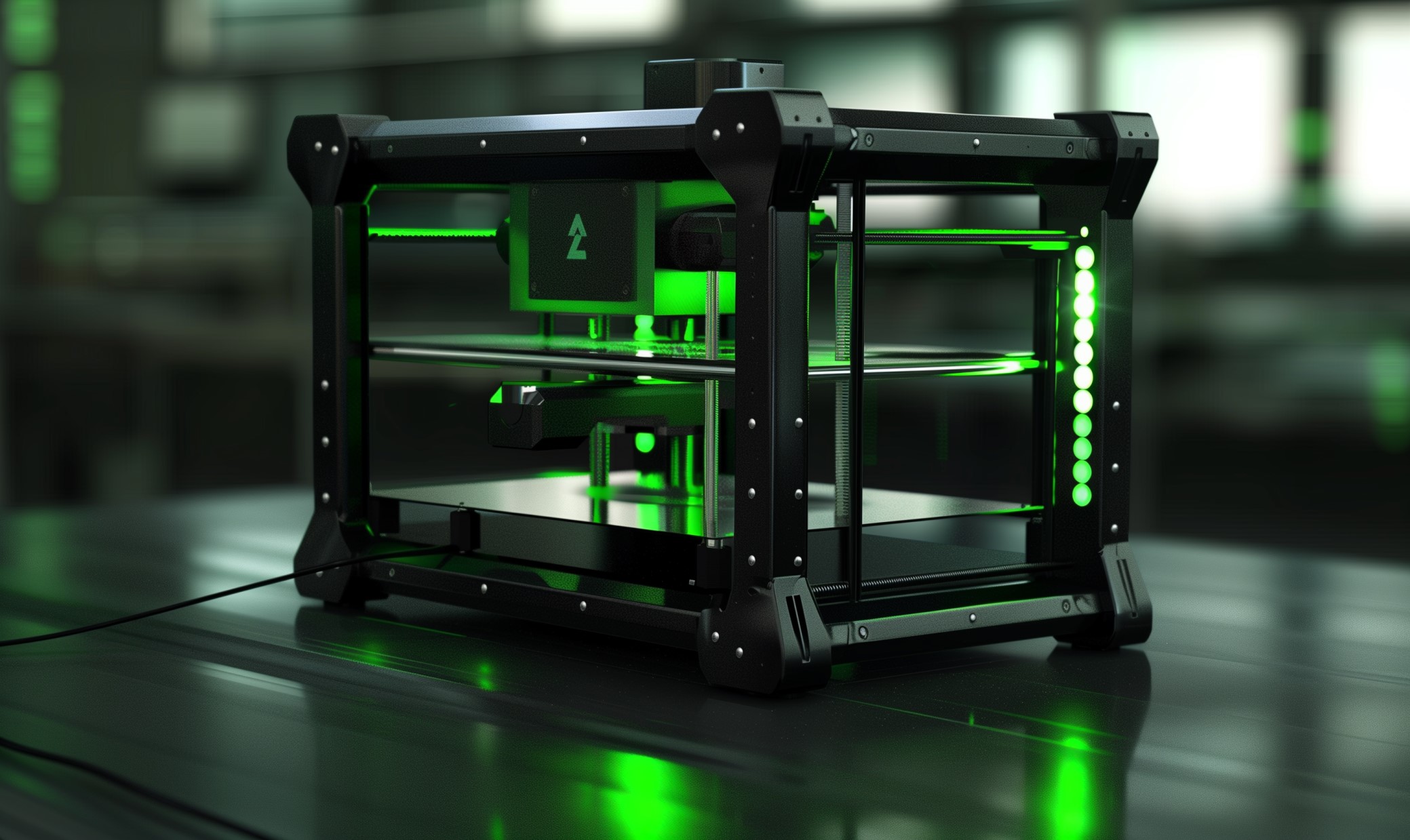Often, skeptics sound the alarm bell on dangerous technology long before it reaches the market. In health care, the long approval process for new medical devices sometimes isn’t enough to catch potentially harmful medtech before it reaches the market. Here are seven negative impacts of medical tech that we never saw coming.
1. Overreliance on Medtech
In some cases, new medtech may inspire overreliance that leads medical professionals to trust technology over their own skills — even when the tech is wrong.
In many cases, patient complaints will go unnoticed by medical professionals because the electronic health record (EHR) technology malfunctions, leading to injury or even death. Research shows EHR is responsible for 61.3% of diagnostic mistakes, whether from technical or user error. Delayed , incorrect and missed diagnoses are common consequences.
Incorrect dosing mistakes are also common. If medical professionals don’t notice technical glitches or don’t know how to properly use EHR technology, they use the wrong treatments. They’ll only catch their mistake if patients report sudden, serious symptoms out of the blue.
New medtech systems can streamline patient care, saving providers time that they can use in caring for patients. However, if these systems are trusted too much, it can easily lead to an incorrect or dangerous recommendation for treatment being carried out by skilled professionals.
2. Growing Costs
In general, one of the expected benefits of new medtech is that it makes getting health care cheaper. Better tests diagnose patients faster, improved surgeries often reduce recovery time and improved therapies can provide quicker improvement in symptoms and patient health. Ideally, this should mean reducing hospital stay time and the costs associated with injury or sickness.
However, new tech sometimes drives up costs, instead. Medical technology has been identified by multiple researchers as a potential cause behind rapidly growing health costs in the U.S., which is one of the biggest spenders in the world on health care.
However, medtech in general doesn’t seem to be driving up costs — only specific kinds of technology used in certain ways. As imaging tools — like x-rays and CT scanners — have become more powerful and integrated the latest medtech innovations, they’ve also become more widely used.
Technology that was previously part of a specialized diagnostic process is now often used as a screening tool as increased effectiveness of encourages hospitals to use it more. Over time, this can easily drive up health care costs — which isn’t ideal, considering 33% of medical facilities have negative profit margins.
3. Deteriorating Relationships
As providers rely too much on technology, a disconnect forms between them and their patients — many aren’t fond of medtech. In fact, 60% of U.S. adults say they’d feel uncomfortable if their provider relied on AI for medical care, with 75% claiming adoption is moving too fast. They’re worried their providers don’t fully understand the potential risks.
Medtech adoption is eroding patient-provider relationships. Distrust and hesitation is becoming more common as technology takes center stage. While telecommuting and wearable devices can improve accessibility and communication, many people are put off by the growing trend.
4. Health Data Breaches
One of the biggest pro and con of new medtech is that these devices are often taking advantage of massive amounts of patient data. Better data can provide a variety of benefits for both doctors and patients — but if it’s not properly secured, it can be at risk of theft by hackers and cyber criminals.
While health data may not seem useful to criminals at a first glance, security research shows that it is actually quite valuable — so hackers go after it often. In fact, health care data breaches exposed 385 million patient records between 2010 to 2022. These attacks grow more frequent every year.
Stolen health care records are regularly sold on the deep web as part of information packages that provide hackers with as much personal data as possible. This data is usually then used in other criminal activities — stealing identities or launching further attacks, often using social engineering made possible by the available data.
5. Privacy Concerns
Data privacy is a massive concern for most people, making it one of the biggest negative impacts of medical tech. Devices like wearables collect user data constantly, tempting hackers with a wealth of valuable information.
Even if a cybercriminal doesn’t leak health data, privacy is still an issue. While health data is supposed to be for improving care — and is protected under HIPAA — no system is foolproof. Technical glitches, user error, misconfigurations and corruption put peoples’ privacy at risk.
One of experts’ biggest emerging concerns revolves around artificial intelligence. The health care industry is adamant it needs real patient data to train its models, glossing over the fact it could put people’s privacy at risk. What happens when a chatbot slips up and exposes someone’s personal health records?
6. Worsening Outcomes
Sometimes, medtech worsens patient outcomes instead of improving them. It’s one of the most concerning negative impacts of medical tech. Misconfigurations and technical errors can cause incorrect dosing, unhelpful treatment recommendations and missed diagnosis — increasing injury and death rates.
Biases often go unnoticed by medical professionals, leading to incorrect diagnosis or improper treatment. For example, if an AI built for lesion detection only trains on images of white skin, it won’t know what the same disease looks like on black skin — resulting in worse care for minorities.
7. Ethical Issues
Whenever innovative medtech hits the market, everyone’s first instinct is to highlight how much good it could do. Hospitals rush to implement the cutting-edge technology to streamline care and cut costs, not considering the drawbacks until after implementation.
Health care facilities rarely stop to consider ethical issues when they’re caught up in the excitement of a groundbreaking innovation. Unfortunately, letting technology like AI and IoT guide care and patient-to-provider communication results in impersonal experiences.
Is it ethical to let medtech make health suggestions and guide medical decisions? Many experts believe it could negatively impact patient care by compromising trust, dignity and interpersonal relationships. Chatbots and wearables are convenient, but their long-term impacts may be far more negative than most people assume.
Unintended Consequences of New Medtech
While medtech can offer a lot of advantages for health care workers — faster diagnosis, more effective treatments and better data — there are also some negative impacts of medical tech. It can drive up costs, lead medical professionals to make unusual mistakes and even expose patient data to hackers and cyber criminals.
The health care industry’s adoption of new technology isn’t likely to slow down anytime soon. However, medical professionals may need to start considering some of these unintended consequences more seriously.
Original Publish Date 3/31/2020 — Updated 1/22/2024
Recent Stories
Follow Us On
Get the latest tech stories and news in seconds!
Sign up for our newsletter below to receive updates about technology trends














